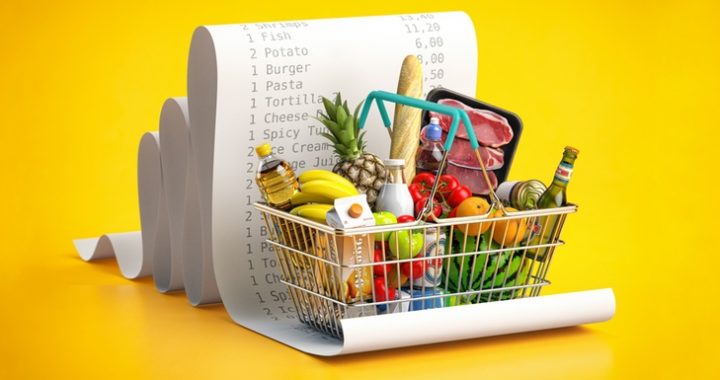When life gets a little out of hand, we might say that things are blowing up! Sometimes it comes out of the blue, and other times we can see it coming, but generally, when we look back at how events unfolded, there were signs of a crisis looming. Inflation is much the same; it’s happening all the time, but every now and then, we suddenly feel the effects. Just like the aging process, it happens slowly and then all at once!
Inflation is a measure of how much more expensive things are getting. And, as we know, things just keep getting more expensive, which is why we cannot afford (literally) to under-inflate, or overlook, the effects of inflation on our financial planning.
As always, when it comes to money, we have two choices: earn more or learn to work with what we have. Whilst we can always explore ways to generate more income, it’s not always possible, which is why it’s so important to remain connected and engaged with our financial plan.
In a recent blog from the team at 22seven, they offered a few ways to address inflation head-on and adjust our financial planning as needed.
Planning
Planning is key to cutting costs and being budget-savvy. Let’s use fuel as an example. By planning ahead, you can save on fuel by driving when traffic isn’t as hectic, going to the grocery store closest to your home or office, or making sure you only make one or two trips a day by writing down all your errands and plotting a strategic route. Many people also realise the benefits of having groceries delivered, finding that they spend less on fuel, save time and spend less on unnecessary items.
Change the way you buy
The first step is to overcome brand loyalty. You might need to look for cheaper alternatives or buy in bulk to cut costs. As economies adjust to the war in Ukraine and inflation at a 40-year high in America, prices are likely to keep rising.
Cut back on costs you don’t need
It’s sad but true – some expenses will have to leave the building. Rethink your streaming subscriptions and other non-essential expenses. Learning to live more frugally might be what gets you through.
Keep on investing
It might seem counterintuitive to put away some of your hard-earned money when you’re already anxious about cash flow, but investing will ultimately grow your wealth, even if it means that you have to sacrifice certain small pleasures right now.
At the end of the day, keeping the ship afloat means keeping it balanced. Talk about your financial situation with your family and friends so that they can help and support you. Sometimes it’s as simple as knowing that you can’t eat out as often, or perhaps your regular holiday plans need to be pushed back or changed to something more cost-conscious.
Whatever you do, don’t underestimate the effects of inflation, especially when they’re higher than expected, and you see your monthly budget being worth considerably less.
